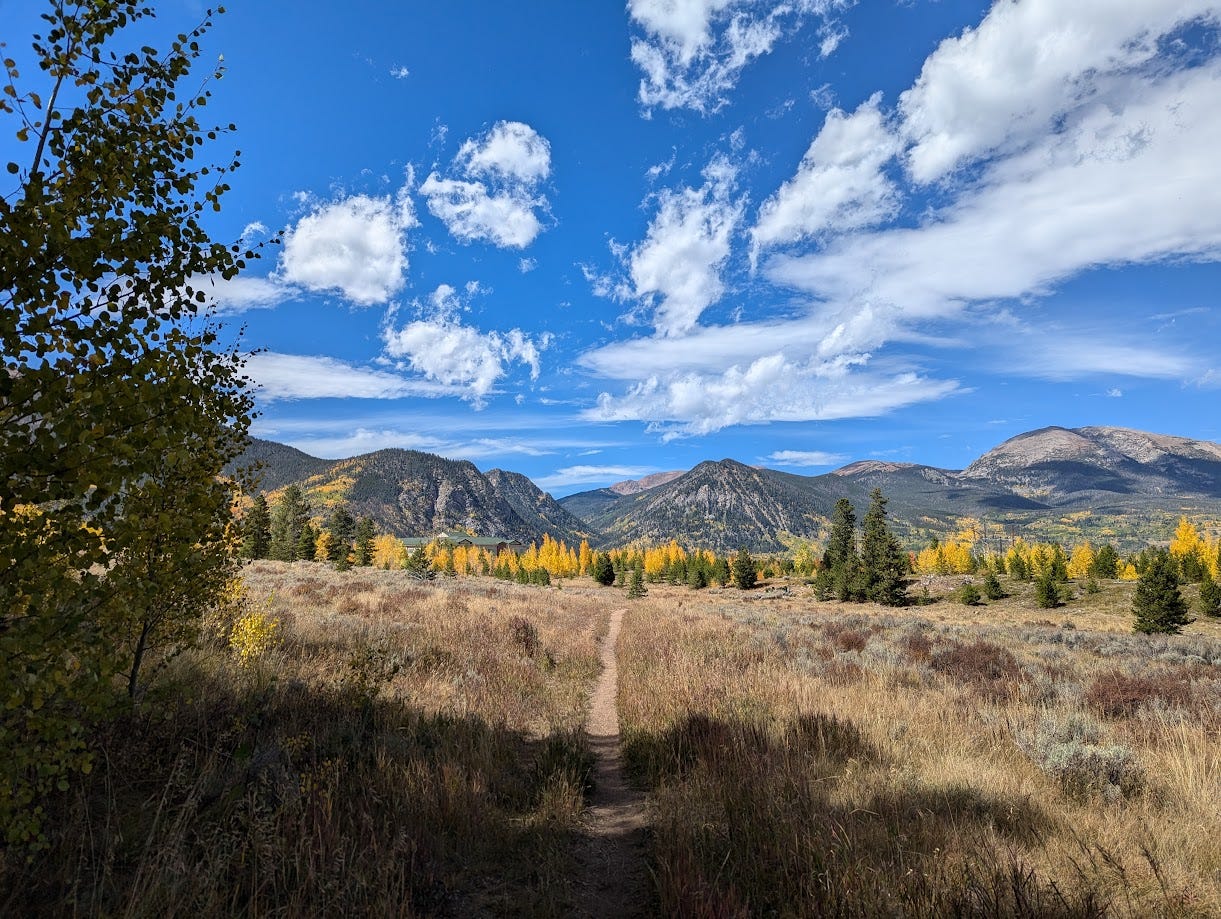Hey folks. It’s been a while! I have a few posts in the queue, but have been struggling to write these last couple months. As you may remember, last I wrote I was heading to the IASP World Congress on Pain to present on patient and public involvement in trustworthy pain research and to moderate a symposium on trauma and pain. They went really well and I’d planned on writing about both those experiences, yet life had other plans. The week after I returned home I was diagnosed with breast cancer, and I’m still reeling a bit and trying to regain my footing as I go through treatment.
This was an unexpected diagnosis, which is good in a lot of ways because it means it was caught early and is ‘very treatable’. (And I don’t know if anyone really expects a cancer diagnosis.) A mass was found on my routine mammogram in June, and I was scheduled for a diagnostic mammogram in late July. I’d been through this before, as I have dense breasts, and it turned out to be nothing, so I wasn’t very worried.
I had my diagnostic mammogram and ultrasound done the week before I left for Amsterdam. It was recommended I have a breast biopsy, which I scheduled for the week I got back. I was a bit worried at this point, but not overly so. The odds were still in my favor that the biopsy would come back negative.
I had the biopsy on a Tuesday and by the end of that week entered into the world of having a breast cancer diagnosis, going through additional testing, scheduling appointments and establishing a healthcare team, and starting the consultation and treatment process.
One of the hardest things to accept is learning to live within uncertainty and neither deny it nor hide behind it. Most of all, to listen to the messages of uncertainty without allowing them to immobilize me, nor keep me from the certainties of those truths in which I believe.
Audre Lorde, A Burst of Light and Other Essays
My breast cancer experience, which fits so neatly into biomedical boxes, has been much different than my chronic pan experience when it comes to the healthcare and insurance systems. The tumor can be seen, made real, proven. The cancer can be targeted with surgery, followed up by radiation and hormone blocking drugs to reduce the risk of recurrence. The path is fairly clear.
And perhaps because it is so visible and therefore ‘real’, the insurance system does not deny my treatments when requested by my doctors, which is nice. My doctors are trusted, I am trusted.
My care has been compassionate, caring, wonderful. I love my team. My surgeon hugged me at my follow-up visit. She’s a great surgeon, and a great human. My oncologist is kind and caring. My radiation doctor and the breast care team (all women) that did all my imaging and biopsying were amazing. I have not one but TWO nurse navigators, which has made what is a stressful and confusing time less stressful, less confusing.
All of the nurses and doctors and health professionals I have encountered on this breast cancer journey have been fantastic. Just real people who cared and brought their human, subjective selves to this objective process. They’ve held my hand, hugged me, comforted me, laughed with me, listened to me, talked with me, gotten to know me.

It makes me think of my chronic pain experience, when I also had a wonderful surgeon who would sit with me and make sure I understood things and shared decision making with me, yet when he made recommendations for my care they were denied by insurance. Insurance that readily covered surgery, injections, drugs, even acupuncture - all the poking and prodding and removing from and doing to - but didn’t cover things like time with your patient, education, peer support, group therapy, psychosocial support, interdisciplinary management. That go ‘round my doctor wasn’t trusted, I wasn’t trusted.
What an awful system, eh?
Yet the same system is pretty damn good when it comes to breast cancer. I have a massive team for breast cancer, including three oncologists! My regular oncologist, a gynecological oncologist (I have also been diagnosed with Lynch Syndrome so may be having my ovaries removed), and a radiation oncologist. The two nurse navigators, including one specific to oncology. My surgeon. My radiation doc and the breast care team (I’m not sure if that’s what they’re called). A genetic counselor. And they all talk to each other and know each other and work together on a regular basis.
So it this interdisciplinary thing (or multidisciplinary or whatever - a team of folks who care for you, whatever the correct jargon may be) CAN be covered by insurance. There’s precedent!
Why can’t we do that for all complex conditions, including chronic pain?
One of the posts I have in the hopper is on vigilance and pain, exploring how threat and trauma (including the trauma of ongoing pain and seeking care) and vigilance go hand in hand, and how alienation and othering (which also happens with chronic pain that isn’t understood well by the medical establishment or society) and vigilance go hand in hand.
Like all outsiders, [our] powers of observation derive from alienation and its tenant twin, vigilance.
Steve Almond, Truth is the Arrow, Mercy is the Bow
At the end of that post (which hopefully I’ll get my shit together enough to finish soon) I make the argument that the least our health systems can do is lower the volume on threat so we don’t have to be so vigilant while we are seeking and undergoing treatment and care.
It’s so damn hard to heal, to get better, to recover, when you’re under constant threat, whether the threat is to your identity, or your ability to work or earn a living wage, or the threat of medical bills atop the worry about work and earning enough to live on. Or the threat of alienation and stigma and judgment, or disbelief and denial and distrust. The threat of being accused of malingering, not being motivated, not doing enough to get better.
I am so grateful that through this breast cancer diagnosis and the start of my treatment, including surgery thus far, I haven’t had to deal with the threat of stigma or disbelief or doubt. The threat of cancer is enough!
Yet, as wonderful as my care team is, the reality of healthcare in the US is always daunting and terrifying. Every time I go to the hospital for a test or appointment or treatment, the first person I see is the person who asks me to pay the estimate for services. One of those bills was a whopping $4500.00. That was the biggest, but it was one of dozens of bills I’ve had to pay BEFORE I’m even seen or tested or treated.
The first priority of the healthcare system is that they get paid. That’s an awful system, even when your diagnosis is legitimized within the biomedical model and as clearcut as it gets.
Once I got the diagnosis, I knew we’d hit our out-of-pocket maximum for the year. Our max isn’t a small number, but also isn’t as big a number as some folks have, and I’m grateful we have savings that can cover it. In the US somewhere close to 50% of people can’t afford a $500 emergency/unexpected bill. That’s why medical debt makes so many people go bankrupt. So, for far too many folks, any diagnosis comes with the threat of the diagnosis AND the threat of financial struggle or insolvency.
I am lucky, and grateful. Even with these huge, unexpected, expenses. Even with having to drive a minimum of 3 hours round trip for each appointment because my rural Colorado county doesn’t have oncology services or the resources to do things like diagnostic mammograms and breast biopsies or radiation or whatever.
These realities are stressful enough, so I’m so grateful that I love my team, that I trust them and they trust me, that I feel cared for and cared about.
Because these threats are always there (unless you’re rich and/or live near a well-funded univeristy hospital system), though, the least the rest of the system can do is treat you with nonjudgmental compassion, belief, trust, kindness, and competence, no matter if your health issue or diagnosis fits well into the biomedical model or not. This shit is hard. There is so much out of your control. But health systems can create non-threatening environments that treat people well (both patients and the professionals who work within them).
Right?
Well, that’s all for now. I wrote more than I expected to, and it’s unpolished, but whatever. One thing I learned from pain is that we have to live now, not wait til things are better to get on with living.
It’s not as if I’m in struggle over here while someplace else, over there, real life is waiting for me to begin living it again.
Audre Lorde, A Burst of Light and Other Essays
Thank you all for understanding my radio silence for a bit. It’s a beautiful winter wonderland outside my window today. I intend to enjoy it with a cup of tea, and hope you are also finding some joy today in your surroundings.








This is so beautifully written Jo. You are so lucky to have found such an excellent team to accompany you through this treatment. I was so fearful for you (knowing the little that I do about the health system in the USA), but you are obviously receiving the very best care by a wonderful team. Those nurse navigators sound awesome and you are finding a way to manage this brilliantly - while still looking after your chronic pain. Good luck with the rest of the treatment. I hope it all goes well. Lots of love ❤️❤️❤️
Warmest wishes from the other side of the planet Jo. Sorry to hear that you have had cancer and so happy to hear that your care has been so good. Astounded that through all of this you can so eloquently juxtaposition the management of two different medical conditions! We shared the aurora with you too 😊. Take care.